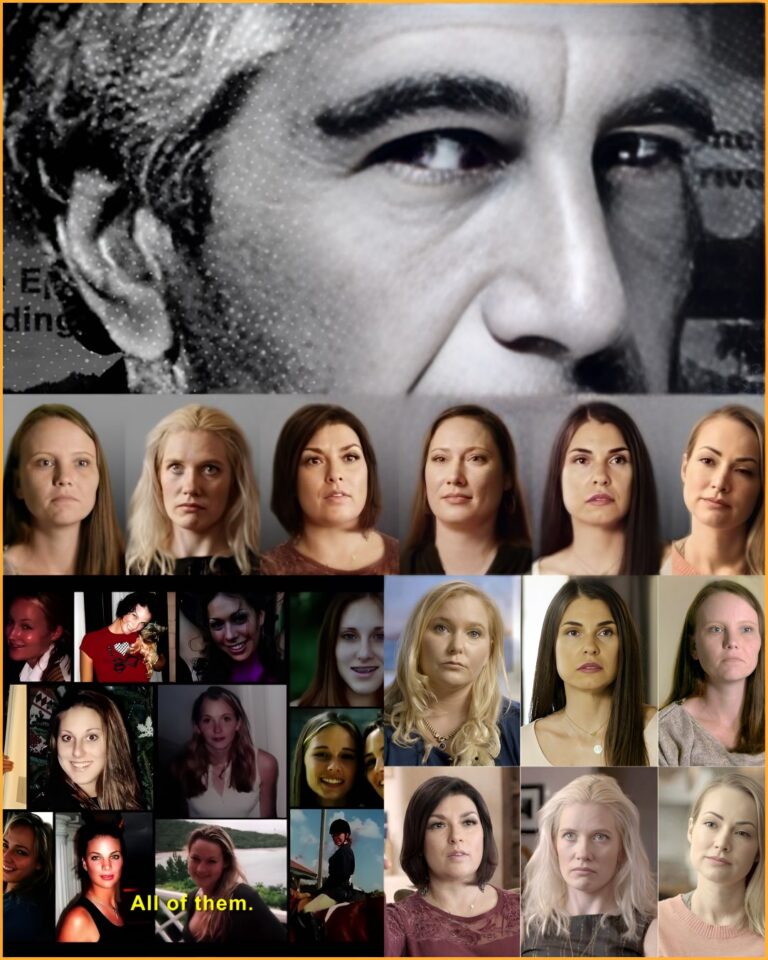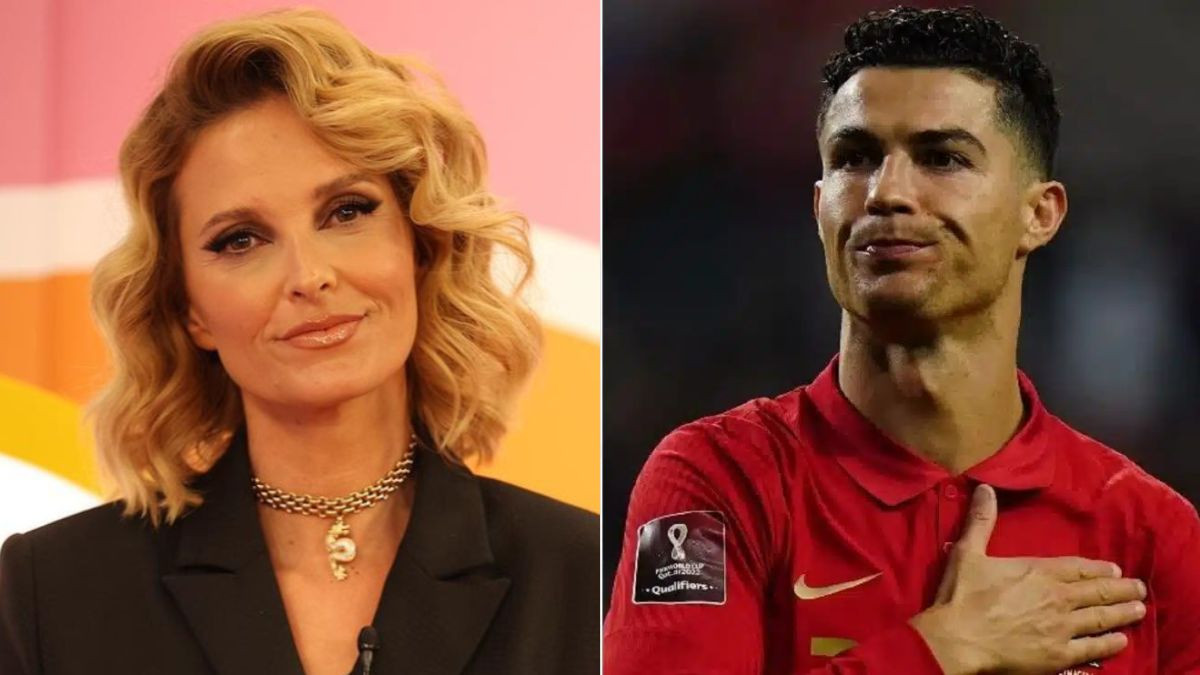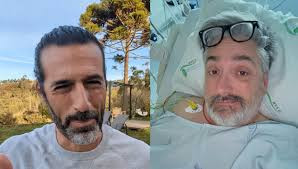In an explosive live television confrontation, British journalist Lewis Goodall dismantled the arguments of a staunch Trump supporter, Dr. Jean Halpa Hayes, leading to her abrupt exit from the broadcast. The intense exchange, which aired on LBC, showcased Goodall’s relentless questioning as he challenged Halpa Hayes on her defense of former President Trump’s controversial remarks regarding Ukrainian President Volodymyr Zelensky.
 The segment began with Goodall asking Halpa Hayes about the widespread condemnation of Trump’s behavior during a recent Oval Office meeting with Zelensky. Halpa Hayes attempted to downplay the situation, claiming that those who viewed the full 53 minutes would not share the negative impressions held by many in Europe and the U.S. However, as the dialogue escalated, Goodall pressed her on the morality of Putin’s actions in Ukraine, leading to a heated back-and-forth.
The segment began with Goodall asking Halpa Hayes about the widespread condemnation of Trump’s behavior during a recent Oval Office meeting with Zelensky. Halpa Hayes attempted to downplay the situation, claiming that those who viewed the full 53 minutes would not share the negative impressions held by many in Europe and the U.S. However, as the dialogue escalated, Goodall pressed her on the morality of Putin’s actions in Ukraine, leading to a heated back-and-forth.
Halpa Hayes struggled to articulate her stance, especially when pressed on the implications of Trump’s rhetoric and the legality of Putin’s invasion of Ukraine. Goodall’s incisive questioning revealed cracks in her defense, prompting her to declare, “I’m done. I’m off. I don’t like you,” before leaving the broadcast. The moment was nothing short of dramatic, capturing the attention of viewers and sparking discussions about the accountability of political commentators.
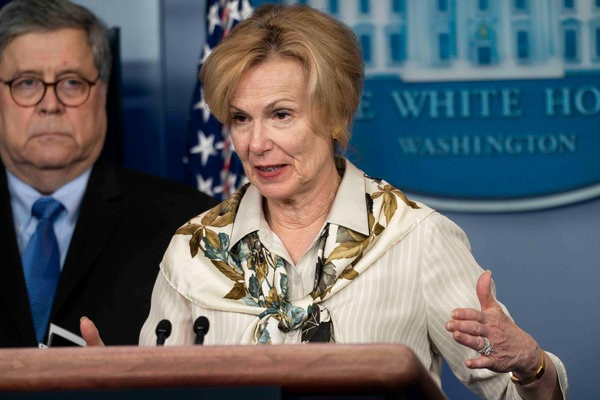 This confrontation is a stark reminder of the growing divide in political discourse, particularly regarding the narratives surrounding the Russia-Ukraine conflict. Goodall’s assertive approach highlights a pressing need for journalists to confront misinformation and challenge narratives that lack substantiation. The fallout from this exchange is likely to reverberate, as it raises questions about the responsibility of media figures in an era of polarized opinions.
This confrontation is a stark reminder of the growing divide in political discourse, particularly regarding the narratives surrounding the Russia-Ukraine conflict. Goodall’s assertive approach highlights a pressing need for journalists to confront misinformation and challenge narratives that lack substantiation. The fallout from this exchange is likely to reverberate, as it raises questions about the responsibility of media figures in an era of polarized opinions.
The incident has sparked a wave of reactions on social media, with many praising Goodall for his courage to confront such entrenched views. As political tensions escalate, the expectation for journalists to hold figures accountable becomes increasingly vital. This fiery exchange serves as a call to action for media professionals to engage more rigorously with controversial opinions, ensuring that the public is presented with a balanced and truthful narrative.
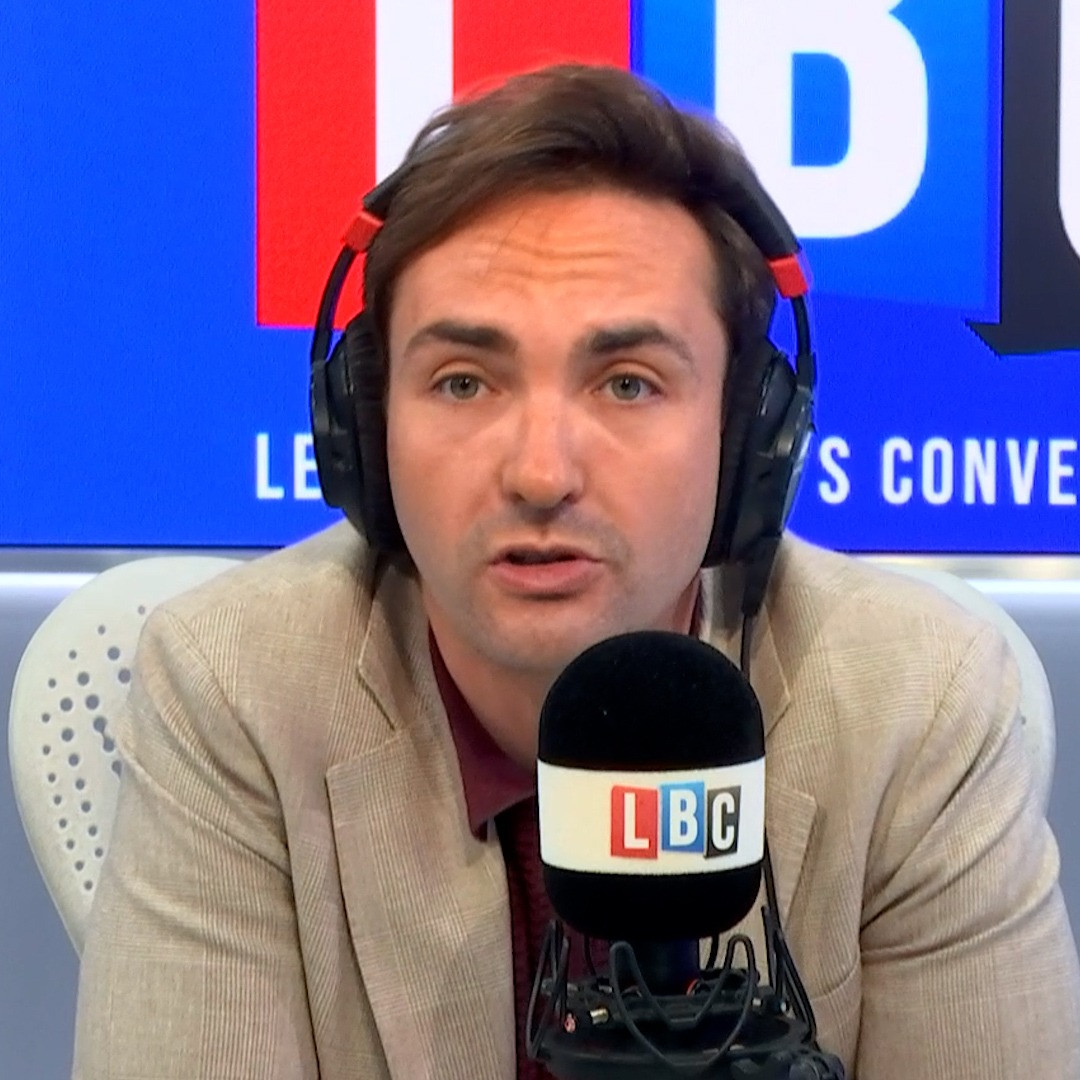 As the dust settles on this live TV spectacle, the implications of Halpa Hayes’s departure and Goodall’s unyielding stance will undoubtedly shape future discussions in both the U.S. and the UK. The need for a more robust and confrontational approach to political dialogue has never been clearer, and this incident may very well mark a turning point in how political commentary is conducted on air.
As the dust settles on this live TV spectacle, the implications of Halpa Hayes’s departure and Goodall’s unyielding stance will undoubtedly shape future discussions in both the U.S. and the UK. The need for a more robust and confrontational approach to political dialogue has never been clearer, and this incident may very well mark a turning point in how political commentary is conducted on air.
